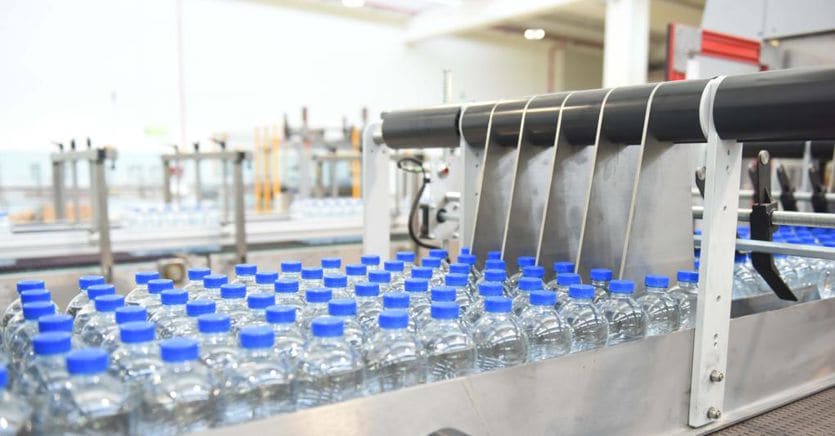Recycled plastic and bioplastics. Between 2010 and 2019, Europe and the United States each accounted for approximately 30% (or 60% combined) of worldwide patents in these sectors. In particular, Italy, between 2010 and 2019, contributed 9% of all families of international patents, filed by companies and inventors based in the European Union in both plastic recycling technologies (4th in Europe after Germany, France and Holland) and in bioplastics (3rd position after Germany and France). This was revealed by the latest report by the European Patent Office dedicated to the topic a few days after the opening of the COP26 summit in Glasgow in early November and the G20 on 31 October in Rome.
«Italy – explained Francesca Tassinari, one of the curators of the report – also shows a high degree of specialization both in the recycling of plastic and in bioplastics. This is demonstrated by the fact that, with respect to the total number of Italian patent applications, Italian companies and research bodies have filed more patents in these two sectors than their counterparts in many other countries. More precisely, precisely in the field of plastic recycling, Italy can boast the second highest degree of specialization compared to other EU countries in waste recovery and mechanical recycling ».
Healthcare, cosmetics and detergents lead the research
The main Italian companies to apply for patents on plastic recycling are Eni, LyondellBasell, Fater SpA, Previero, University of Bologna and the National Research Council (Cnr). Leaders in bioplastics are Pirelli, Novamont, Eni and Fidia Farmaceutici.
The healthcare, cosmetics and detergents industries drive the innovation of bioplastics, with more than 19,000 patent applications filed in the period 2010-
2019 (despite the niche sector representing less than 3% of the total demand for plastic in Europe). But the packaging, electronics and textiles sectors also contribute significantly.
Chemical and biological methods, on the other hand, drive innovation in recycling, generating 9,000 patent applications in the period 2010-2019, double the number of patent applications related to mechanical recycling, which is currently the most commonly used solution to transform waste plastic into new products.
University research? Unexpressed potential
The report also notes that, in the fields of chemical and biological recycling, fundamental research plays a much more significant role than other plastic recycling technologies, with nearly 20% of inventions coming from universities and public research organizations. Meanwhile, US start-ups and scale-ups have generated four times more patents in chemical and biological recycling than their European counterparts (338 versus 84). “It means – said Tassinari – that Europe, while being particularly active in fundamental research, is not fully exploiting its potential when it comes to transferring these technologies from academia to industry”.
